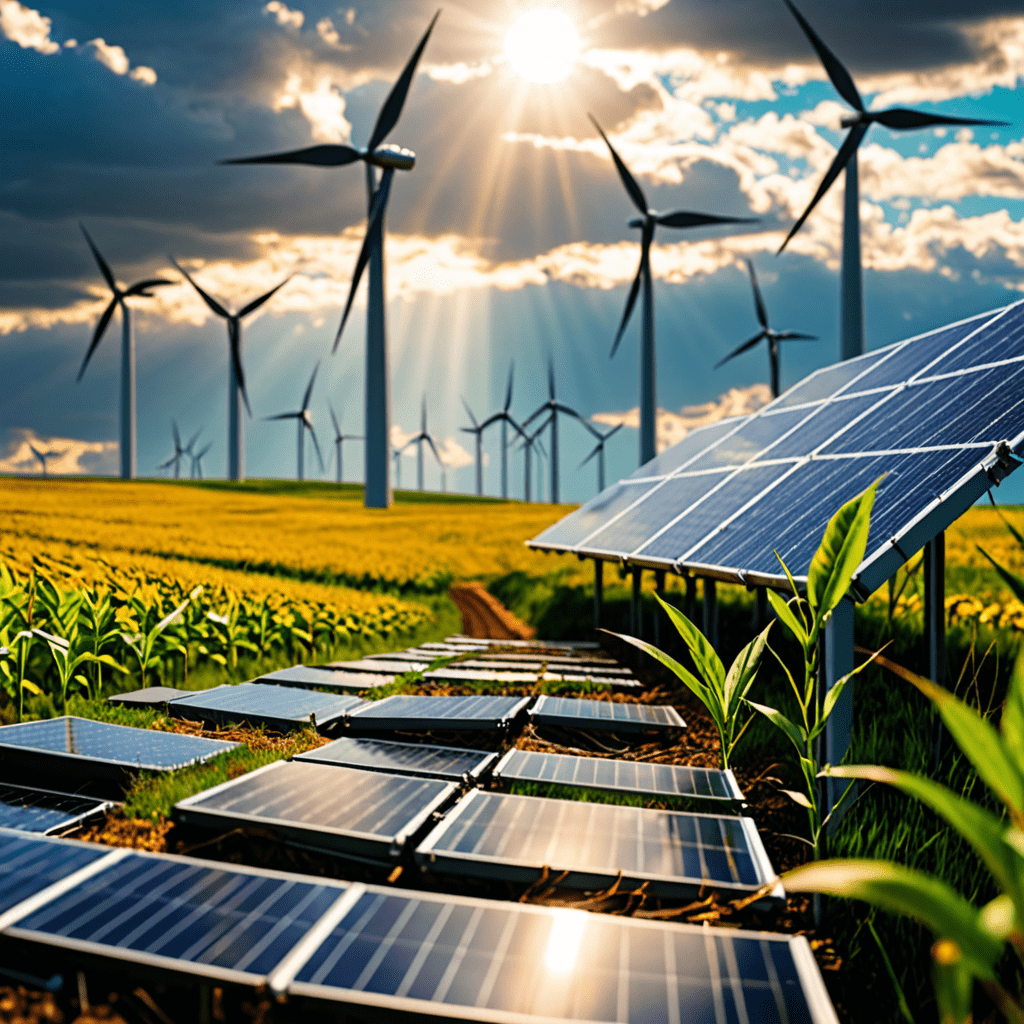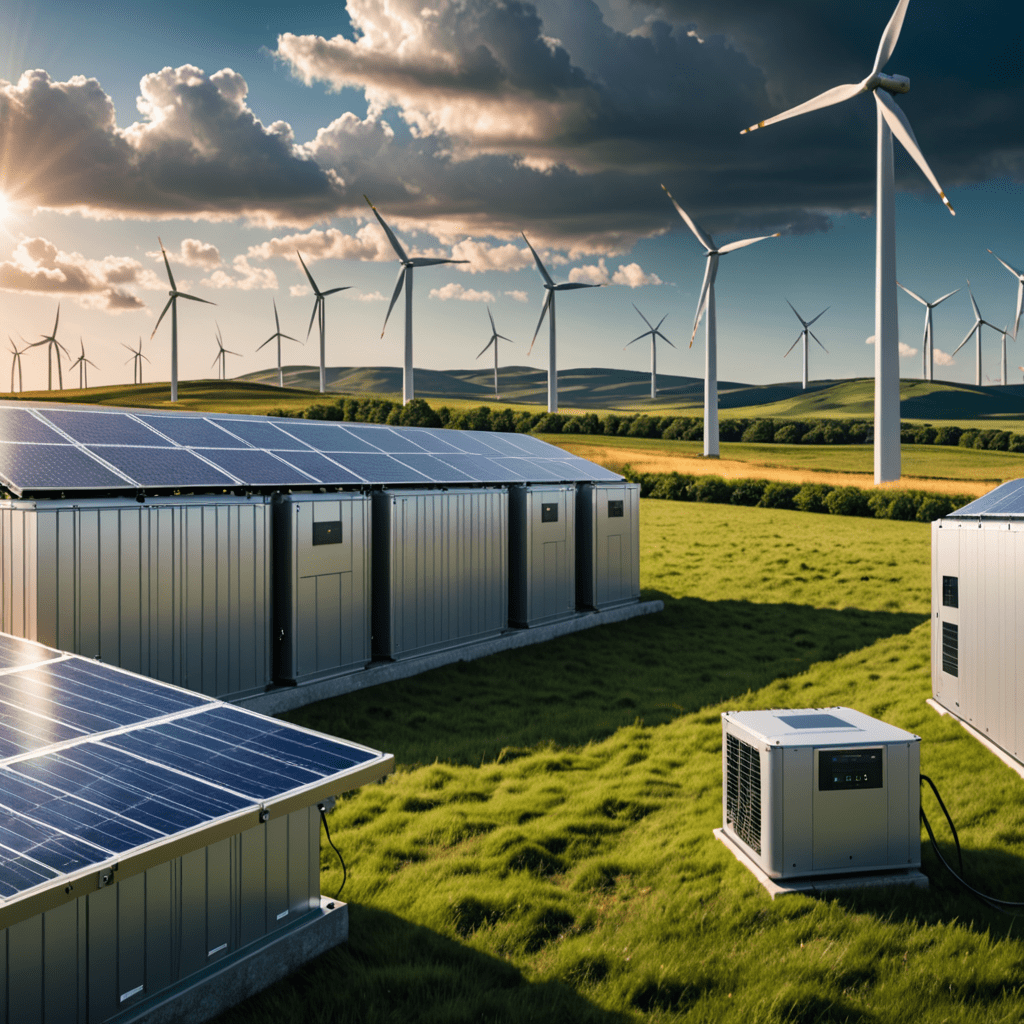
The Economics of Renewable Energy
Introduction to Renewable Energy
Renewable energy sources like solar, wind, hydro, and geothermal power are gaining momentum globally due to their environmental benefits and lower carbon footprint. In this blog post, we will delve into the economics of renewable energy and how it is shaping the future of sustainable power generation.
Key Benefits of Renewable Energy
Renewable energy offers numerous advantages, including reduced greenhouse gas emissions, job creation, energy independence, and long-term cost savings. As technology advances, the costs associated with renewable energy systems are becoming increasingly competitive with traditional fossil fuels.
Cost Comparison: Renewable vs. Fossil Fuels
One of the critical aspects of the economics of renewable energy is its cost competitiveness with fossil fuels. While initial installation costs for renewable energy systems can be high, the long-term operational costs are significantly lower, leading to overall cost savings over the lifespan of the system.
Incentives and Subsidies
Governments around the world offer various incentives and subsidies to promote the adoption of renewable energy. These can include tax credits, rebates, feed-in tariffs, and renewable energy certificates, making it more financially viable for individuals and businesses to invest in clean energy solutions.
Levelized Cost of Energy (LCOE)
The levelized cost of energy (LCOE) is a key metric used to compare the lifetime costs of different energy sources. Renewable energy technologies have seen a significant reduction in LCOE in recent years, making them more attractive for investors and developers looking to build new energy infrastructure.
Job Creation and Economic Growth
The transition to renewable energy sources not only benefits the environment but also stimulates economic growth and creates new job opportunities. The renewable energy sector is a significant employer, offering diverse roles in manufacturing, installation, maintenance, and research and development.
Investment Opportunities in Renewable Energy
As the demand for clean energy continues to rise, there are increasing investment opportunities in renewable energy projects. From utility-scale solar farms to community wind projects, investing in renewable energy can provide steady returns while contributing to a sustainable future.
By understanding the economics of renewable energy, we can see that the transition to cleaner, greener power sources is not only environmentally responsible but also economically viable in the long run. As technology advances and costs continue to decline, renewable energy is set to play a crucial role in our energy landscape for years to come.
FAQ: The Economics of Renewable Energy
What is Renewable Energy?
Renewable energy is derived from natural resources such as sunlight, wind, rain, tides, and geothermal heat that are naturally replenished. Unlike fossil fuels, renewable energy sources are sustainable and environmentally friendly.
How do the Economics of Renewable Energy work?
The economics of renewable energy involve factors like initial investment costs, operational costs, government incentives, and cost savings over time. As technology advances and economies of scale come into play, the cost of renewable energy production continues to decrease.
What are some key economic benefits of Renewable Energy?
Renewable energy offers various economic benefits, including reduced greenhouse gas emissions, job creation in the green energy sector, energy independence, and long-term cost savings due to stable energy prices and reduced reliance on finite fossil fuels.
Are there any challenges to the Economics of Renewable Energy?
Challenges to the economics of renewable energy include intermittency issues with sources like solar and wind, energy storage limitations, initial high upfront costs for infrastructure, and the need for more robust government policies and incentives to accelerate the transition to renewables.


